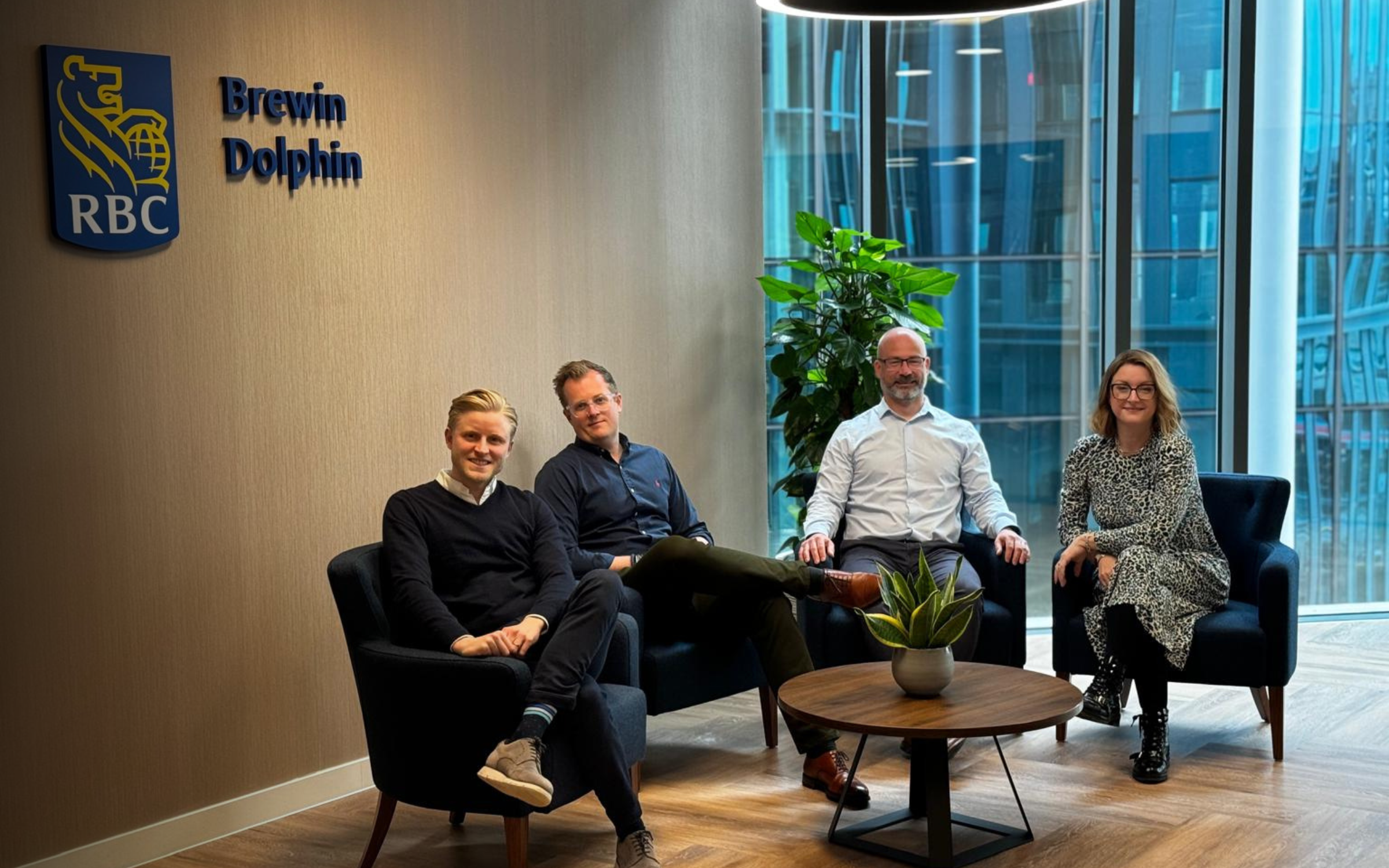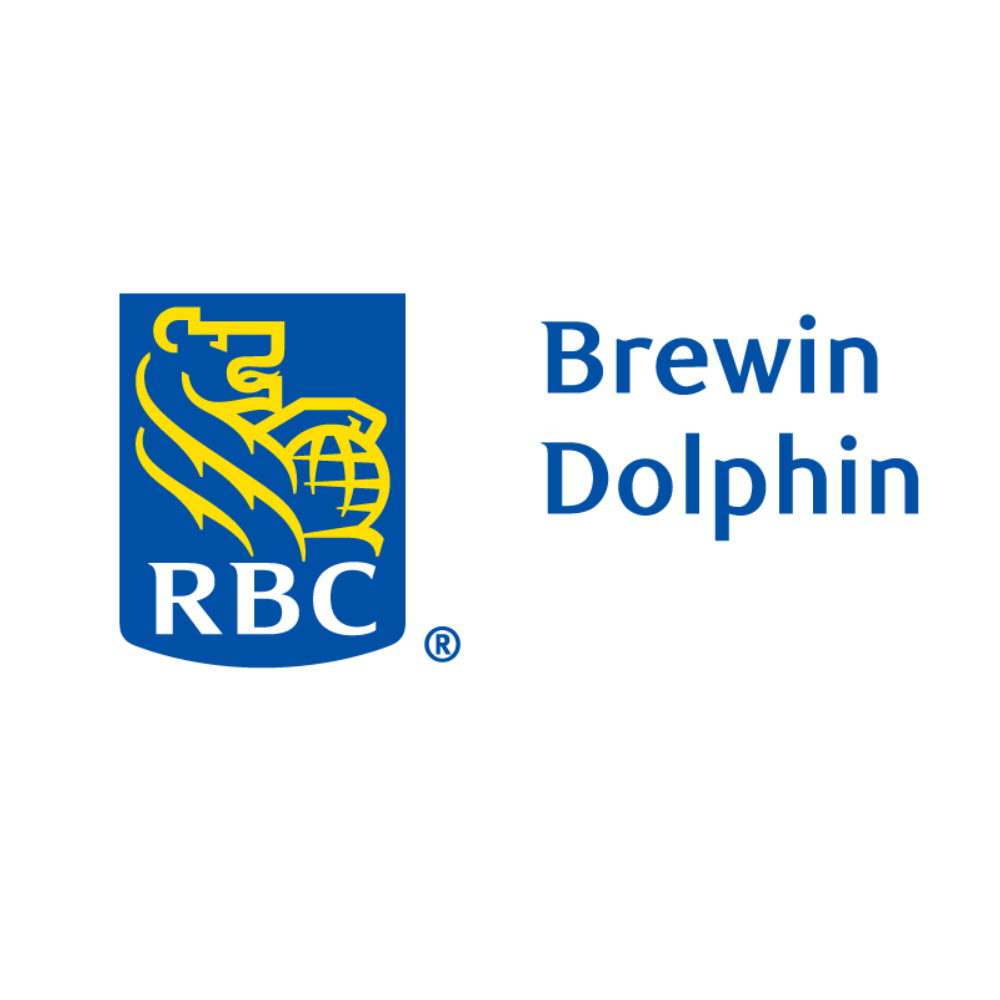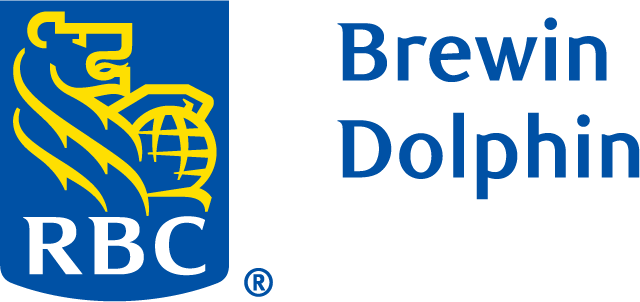I often reflect how fortunate I am, being born in the 1970s. Not just for the music, kids TV or game shows, but for the ability to reflect positively on the past, yet also look forward to the future.
As a Gen Xer, I effectively bridge a wide and varied mix of five generations in the workplace. When I think about my experience of effective and inclusive leaders, they usually have the ability to do the same. Authentic, open, flexible, and able to recognise, acknowledge and champion strengths and abilities in others around them.
When we consider it in practice in the workplace, we understand that equality, diversity and inclusion (EDI) is about creating a safe environment where every colleague feels valued, respected and able to bring their authentic selves to work.
For me personally, effective EDI leaders should embody and champion a number of key values, translating the organisational policies into daily practices that reflect and bring to life genuine commitment to change:
- Building trust and transparency: Effective EDI leadership should see open sharing of goals, progress and working through obstacles. Fostering a psychologically safe environment encourages curiosity without fear of reprisal. Whilst this can result in mistakes, the learning and lessons are deeper and more meaningful. For leaders, with sensitively managed discussions, this insight can provide an opportunity to challenge assumptions, or to potentially adjust or update processes.
- Engage, don’t mandate: EDI can be complex, with employees experiencing it from different perspectives. Effective leaders facilitate open, nonjudgmental discussions encouraging dialogue that allows everyone to share their views.
This also means active listening to understand needs and concerns. These leaders understand that EDI can impact people in different ways, often based on personal experiences and backgrounds. Having a culture of listening and learning helps leaders identify specific barriers that might not be immediately apparent.
- Tailor training and development: Going beyond mandatory training sessions, effective EDI initiatives should include workshops, lunch & learn discussions and resources that encourage self-reflection and provide real world tools for inclusivity. Delivering training to the training managers, HR teams and Talent & Recruitment teams also ensures they are aware of unconscious bias and helps colleagues to identify and develop skills to manage diverse teams. Baking EDI into day-to-day behaviours, processes and performance reviews makes EDI the norm, not the exception.
- Agile policies and practices: EDI in practice means policies reflect diverse needs, agile working arrangements, accommodations for religious or cultural practises and equitable parental leave policies; these are all ways leaders can align policies with real world diversity. These policies shape the culture of an organisation and should be regularly reviewed.
- Clear accountability mechanisms: Clear, measurable goals around recruitment, retention and advancement of diverse employees are essential. UK organisations are increasingly adopting formal EDI performance indicators to ensure leaders and teams are accountable for progress.
- Cultural intelligence: The capacity to understand and adapt to cultural differences is essential in a diverse twenty-first century workforce. Leaders with cultural intelligence are better equipped to navigate and resolve conflict and make more thoughtful, inclusive decisions. Bringing culture to life through team events, such as watch parties for learning, ensures a thorough awareness of the company’s identify is visible and makes space for everyone.
Finally, the two greatest traits of any effective leader are courage and accountability.
Good EDI leaders need the courage to confront uncomfortable truths, address sensitive issues and make changes that may initially meet resistance.
They must be willing to hold themselves and others accountable for EDI goals, setting clear objectives and transparently tracking and sharing progress.
But the most common trait shared by diverse organisations is leaders who demonstrate EDI as a continuous journey, woven into the fabric of work, not an afterthought. By cultivating trust, empathy, accountability, culture and awareness, leaders can move EDI policies from mere written words to lived values, regardless of which letter follows their generation.
For more information on RBC Brewin Dolphin’s services and to contact the team in Wales, click here.



